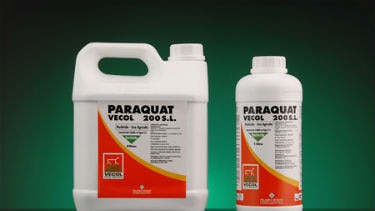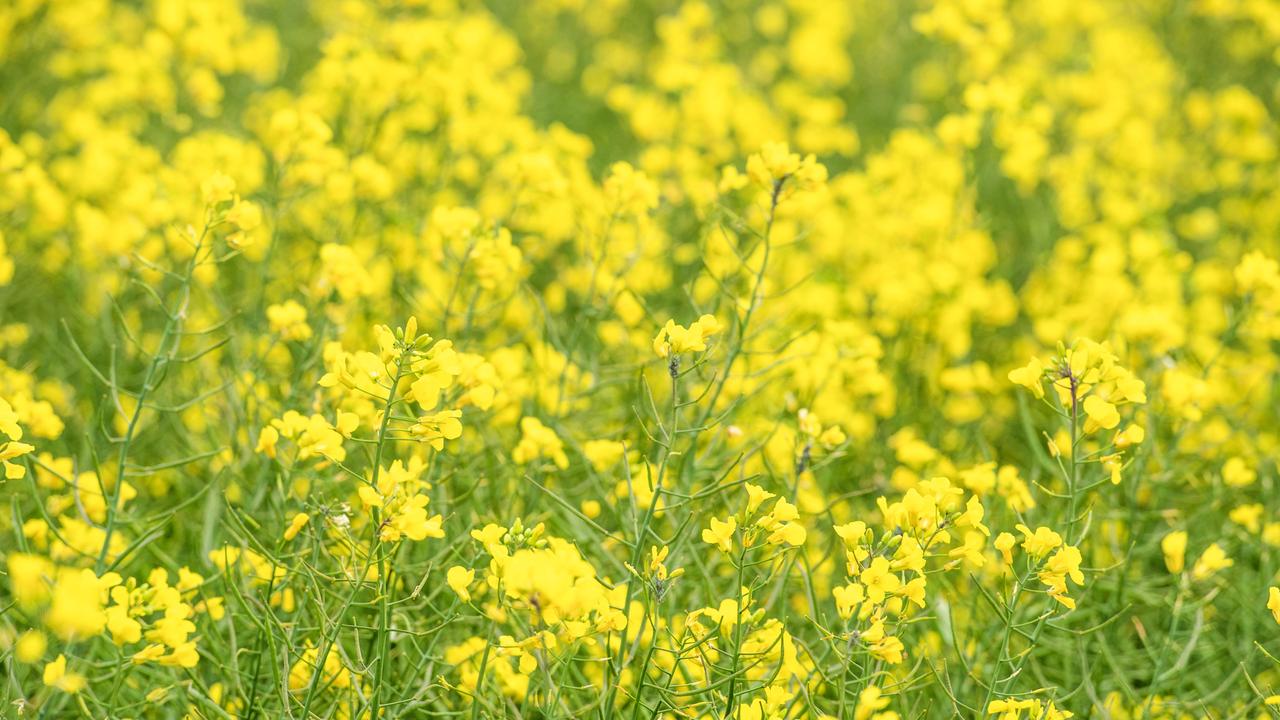Safety review into controversial chemical dating back to 1997 extended until late 2025
A review dating back to 1997 into the safety of a common farm chemical linked to Parkinson’s disease has been extended amid backlash.

A 27-year review into the safety of a controversial chemical widely used by farmers has been extended until the end of next year amid calls for it to be banned over a possible link to Parkinson’s disease.
The herbicide, called paraquat, has been used to control weeds in Australian crops since 1964 and is also applied to school ovals, sporting grounds, golf courses and parks.
But some scientists claim there is evidence linking the chemical to the development of Parkinson’s disease, an incurable, degenerative neurological condition affecting 150,000 Australians.
The claim has been disputed by various courts and regulators, including the United States Environmental Protection Agency.
It has led to fierce pushback from the original developer of the chemical and farming groups, who say the chemicals are safe to use if precautions are followed.
The national chemicals regulator was expected to make a final decision on the use of paraquat, and the similar weed killer diquat, in February, but amid the heated debate, the Australian Pesticides and Veterinary Medicines Authority has announced it will delay its decision until the “fourth quarter of 2025”.
The APVMA has been reviewing the safety of paraquat since 1997.
The statutory organisation said the delay was due to a “high volume of submissions during the public consultation process”.
“The APVMA is committed to undertaking a rigorous evidence-based review process, and must consider all relevant information before delivering a final regulatory decision,” the APVMA said in a statement.
“As a result, timeframes have been extended so that we can appropriately consider and analyse the large volume of submissions and new data.”
In July, the APVMA issued a draft decision to vary the allowable uses for paraquat due to environmental concerns, but did not recommend a ban.
The APVMA has previously said the evidence did not point to a link between paraquat and Parkinson’s disease.
Public consultation on the review closed on October 29.
Farming groups have previously urged the APVMA not to rush its decision amid public and political pressure.
Grain Producers Australia welcomed the delay, saying it was important for the national regulator to take the extra time needed to ensure the final decision was “right, based on sound science and evidence, balanced with practical needs of sustainable grain production”.
“Paraquat and diquat, in partnership with glyphosate, are the backbone of growers’ weed control in minimum-till systems, so it’s encouraging the APVMA has recognised the critical importance of taking the time needed to finalise the chemical reviews with the best available evidence,” GPA said in a statement.
Parkinson’s Australia, a national advocacy group for people living with the disease, has called for Australia to join the 70 countries that have already banned paraquat due to the perceived health risks.
In its submission to the review, Parkinson’s Australia said there had been years of anecdotal evidence of “clusters” of the disease in agricultural communities where the chemical has been sprayed from crop dusters.
It also referenced research linking paraquat to greater risk of developing Parkinson’s.
“Given the substantial growing evidence linking paraquat to Parkinson’s disease and the high toxicity, the precautionary principle should be applied,” Parkinson’s Australia said in its submission.
“The precautionary principle advocates for preventive action in the face of uncertainty, and the APVMA should be prioritising public health over chemical use.”
Global agricultural chemical company Syngenta, which originally manufactured paraquat, has rejected claims of a causal link between the chemical and Parkinson’s disease.
“We have great sympathy for those suffering from the debilitating effects of Parkinson’s disease,” a Syngenta statement said.
“However, it is important to note that paraquat is safe when used as directed and the scientific evidence simply does not support a causal link between paraquat and Parkinson’s.”
Farmers say the chemical is an important tool to control weeds in their paddocks without using traditional tilling methods that can cause topsoil loss and reduce moisture in the ground.
The National Farmers’ Federation has previously hit out at public commentary about the chemical, saying the decision should be left to the regulator and based purely on science.
It comes after the Federal Court in July found that the commonly used herbicide glyphosate – marketed as Roundup – does not cause cancer.



